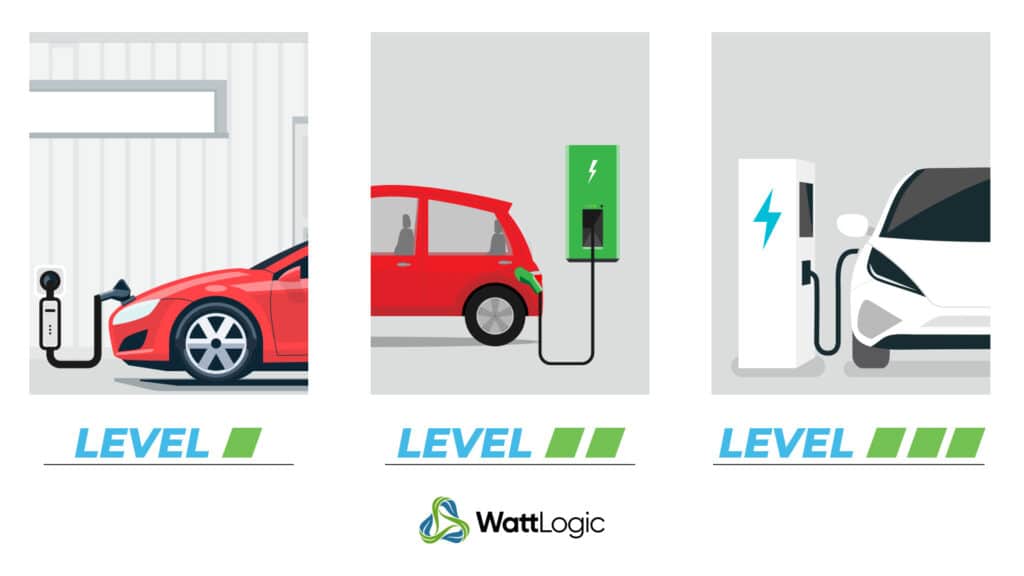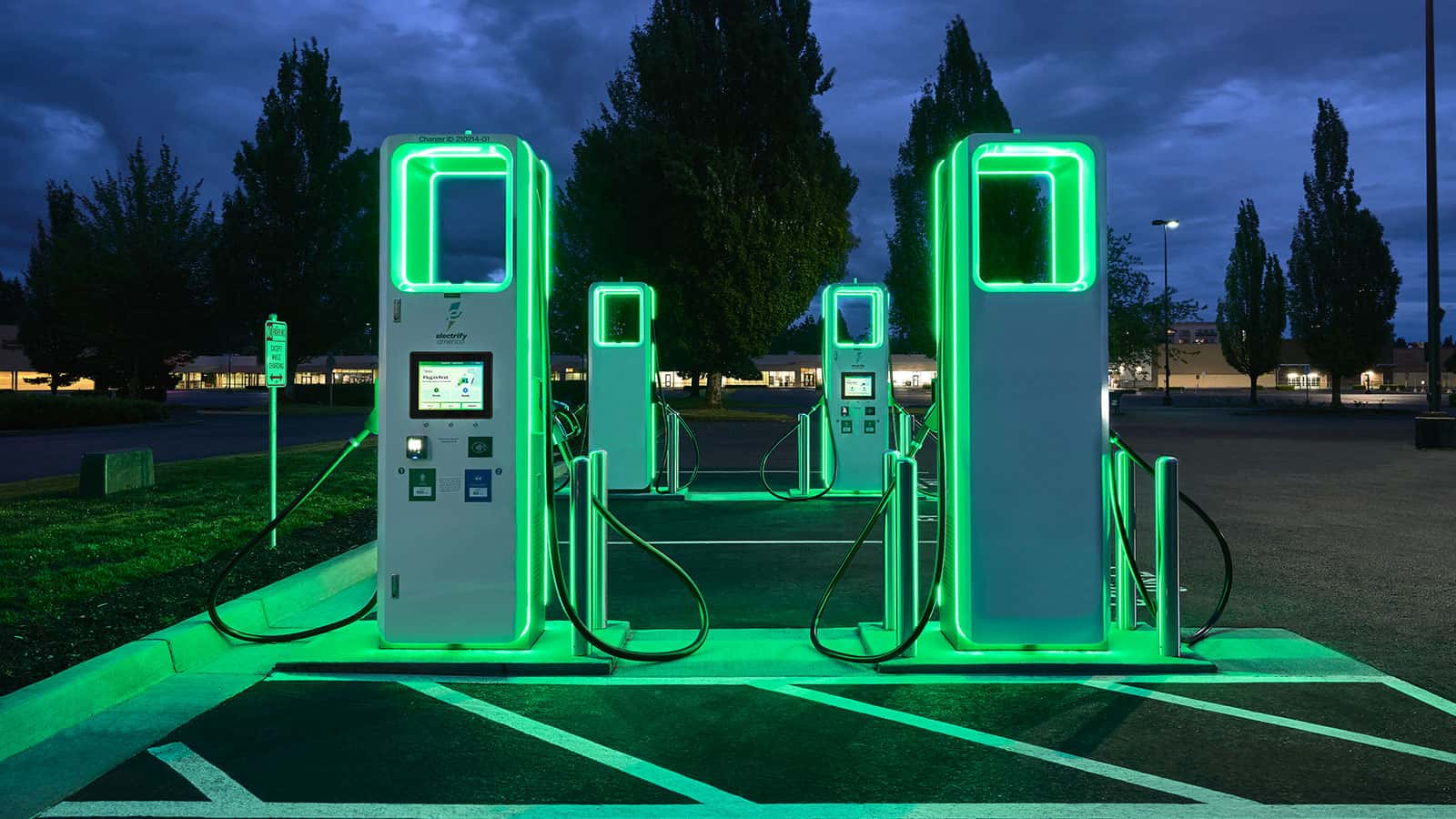Hassle-free EV Billing Terminal Installment for Seamless Electric Lorry Usage
The setup of convenient EV charging stations plays an essential function in the more comprehensive fostering of electrical lorries, attending to vital challenges such as variety stress and anxiety and user ease of access. By recognizing the numerous types of billing stations and the installment process, stakeholders can make informed decisions that boost both public and domestic charging infrastructures.
Relevance of EV Charging Terminals
As electric cars (EVs) gain popularity, the facility of EV billing terminals has actually come to be significantly important for supporting this change to lasting transport. The proliferation of charging framework plays a crucial role in easing range anxiousness among potential EV customers, making certain that they have accessible alternatives for charging their cars. This accessibility is essential for constructing consumer self-confidence and motivating larger fostering of electrical wheelchair solutions.
Furthermore, the implementation of billing stations is integral to the advancement of smart cities and the enhancement of city environments. By tactically positioning charging points in household, industrial, and public rooms, cities can facilitate seamless combination of EVs into day-to-day live. This adds not only to reducing greenhouse gas discharges but additionally to enhancing air quality and decreasing dependancy on nonrenewable fuel sources.
In addition, the growth of EV charging terminals sustains financial growth by creating tasks in installment, upkeep, and operation of these facilities. It also opens up opportunities for innovation in power monitoring and sustainable power integration. In recap, the importance of EV billing stations extends past simple ease; they are a fundamental element in the shift to a lasting, amazed transport community.
Kinds of Charging Terminals
The establishment of EV billing infrastructure includes various types of charging stations, each created to provide to different requirements and usage situations. Generally, these stations can be classified into three categories: Level 1, Level 2, and DC Quick Charging.
Level 1 billing terminals use a conventional 120-volt electrical outlet, making them one of the most obtainable choice for household usage. While they provide a slow-moving cost, usually adding about 4-5 miles of range per hour, they are excellent for over night billing at home.

Degree 2 charging stations run at 240 volts and supply a quicker charging option, adding about 25 miles of range per hour. These terminals are frequently discovered in public locations such as shopping mall, offices, and metropolitan atmospheres, helping with quick top-ups during day-to-day errands.

Comprehending these kinds of charging terminals is critical for maximizing electrical lorry usage and improving the total driving experience.
Setup Process Introduction
Mounting an EV charging station involves a systematic technique that makes certain safety, performance, and conformity with regional regulations. The process usually starts with a website analysis by a certified installer. This assessment identifies the optimal location for the charging terminal, considering variables such as availability, distance to the electric panel, and possible lorry usage patterns.
Once the site evaluation is total, the installer will certainly give suggestions on the sort of billing station best fit to the particular needs of the user, whether commercial or domestic. This stage might involve picking between Level 2 battery chargers for faster charging dc or times fast battery chargers for high-demand circumstances.
After safeguarding the needed authorizations, straight from the source the installation phase begins. This includes placing the billing system, connecting it to the electric supply, and ensuring that all circuitry is compliant with regional codes. Security actions, such as breaker and grounding, are prioritized to mitigate threats.
Advantages of Home Charging
Home billing offers countless advantages for electric lorry (EV) proprietors, improving ease and cost-effectiveness. One of the main advantages is the ability to charge lorries overnight, enabling motorists to begin daily with a fully billed battery without the demand for frequent stops at public charging stations (EV charging station installation lockhart, tx). This method significantly lowers array anxiousness, enabling customers to concentrate on their everyday regimens rather than charging logistics
In addition, home charging can be a lot more affordable than relying upon public billing terminals. House owners can capitalize on lower energy prices throughout off-peak hours, which can result in substantial cost savings with time. In addition, lots of utility companies use incentives or refunds for mounting home charging terminals, making the first investment more economically viable.

Public Charging Solutions
Many public charging solutions have actually arised to fulfill the growing demand for electric automobile (EV) infrastructure, helping with practical access for vehicle drivers on the go. As metropolitan areas expand and the number of EVs increases, the demand for easily accessible charging stations has become extremely important. Public charging services consist of Degree 2 chargers, typically found in buying facilities and vehicle parking garages, and DC quick battery chargers, purposefully positioned along freeways for quick reenergizing throughout long trips.
Personal business and lots of districts are spending in charging networks, often supplying applications that assist individuals situate neighboring stations, examine schedule, and monitor billing condition. These networks also supply different payment options, making it much easier for motorists to bill their automobiles without difficult processes. Furthermore, some places are integrating charging terminals into existing framework, such as lampposts and road furniture, optimizing comfort and lessening the need for committed area.
Additionally, collaborations in between car manufacturers and charging service providers are fostering the development of extensive charging networks that boost the total EV experience. By enhancing public billing remedies, we can sustain the shift to electric wheelchair, lower variety stress and anxiety, and promote sustainable transportation.
Verdict
Finally, hassle-free EV billing terminal setup plays a crucial function in advertising electrical lorry fostering and enhancing individual experience. By addressing variety anxiety via diverse charging remedies, both in the house and in public setups, a durable electric movement ecological community is promoted. The significance of detailed site evaluations and conformity with security Source guidelines can not be overstated, as they make certain effective setups that support lasting transport efforts and empower individuals to embrace electric mobility confidently.
By understanding the different types of billing stations and the setup procedure, stakeholders can make informed choices that enhance both property and public charging infrastructures.As electrical vehicles look at here (EVs) gain popularity, the facility of EV billing stations has become progressively essential for supporting this shift to lasting transportation - EV charging station installation lockhart, tx. One of the key benefits is the capacity to charge cars overnight, enabling chauffeurs to start each day with a totally billed battery without the need for frequent stops at public charging terminals.In addition, home billing can be a lot more affordable than counting on public billing stations.Several districts and exclusive business are investing in charging networks, typically providing apps that aid individuals locate nearby stations, examine accessibility, and screen charging condition